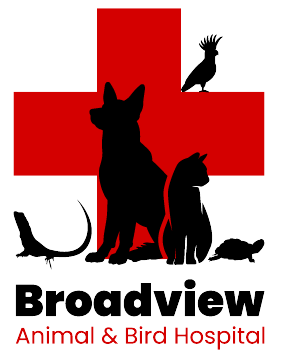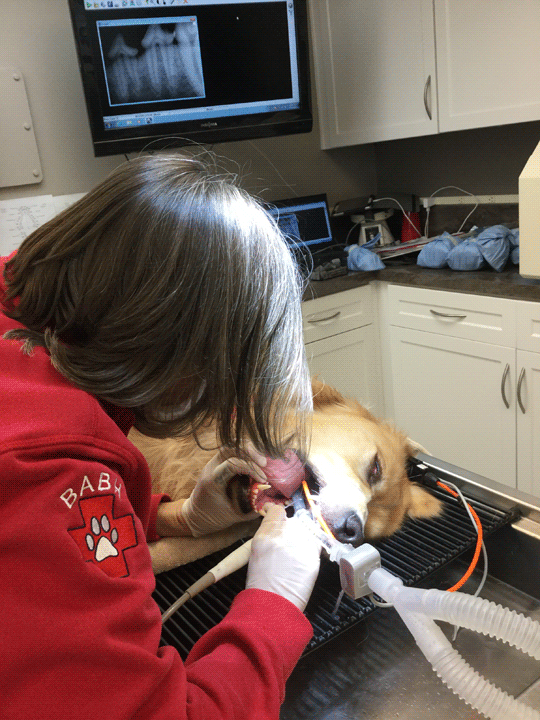Pet Dental Care
Dental technicians polish teeth to create a smooth, lustrous tooth surface that is more resistant to plaque buildup. Fluoride treatments help strengthen enamel and reduce tooth sensitivity.
Why Pet Dental Care Matters
Like humans, pets can suffer from dental issues such as plaque buildup, gum disease, and tooth decay. Neglecting your pet’s oral health can lead to pain, discomfort, and even more serious health problems. Regular pet dental care can help prevent these issues and keep your pet’s mouth clean and healthy.
Signs Your Pet Needs Dental Care
Pay attention to your pet’s oral health and watch for signs of needing dental care. Some common symptoms of dental problems in pets include:
- Bad breath
- Swollen or bleeding gums
- Loose or missing teeth
- Difficulty eating or chewing
- Excessive drooling
- Pawing at the mouth
- Changes in behavior or appetite
Our Pet Dentistry Services
- Comprehensive Dental Exams: Our veterinary team performs thorough dental examinations to assess your pet’s oral health and identify any issues requiring treatment.
- Professional Teeth Cleaning: Our pet teeth cleaning services remove plaque and tartar buildup, helping to prevent gum disease and other dental problems.
- Dental X-rays: We use advanced dental X-ray technology to evaluate the health of your pet’s teeth and identify any hidden problems below the gumline.
Benefits of Pet Dental Care
Regular dental care offers numerous benefits for your pet, including:
- Improved overall health and well-being
- Fresher breath
- Reduced risk of dental disease and tooth decay
- Increased longevity and quality of life
- Prevention of painful dental conditions
- Enhanced comfort and happiness for your pet
When to Schedule Pet Dental Care
We recommend scheduling a pet dental exam at least once a year as part of your pet’s routine wellness care. However, certain factors may increase the need for dental care, including:
- Age: Older pets are more prone to dental problems and may require more frequent dental exams and cleanings.
- Breed: Some breeds are genetically predisposed to dental issues and may require additional dental care.
- Diet: Pets fed a diet high in carbohydrates, or soft foods may be at higher risk for dental disease.
- Previous Dental Issues: Pets with a history of dental problems may require more frequent dental care to prevent recurrence.

